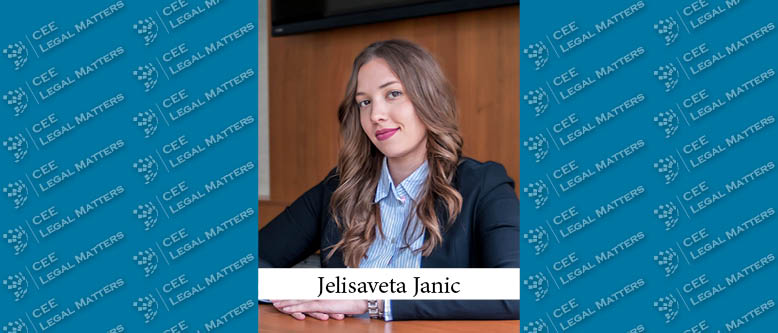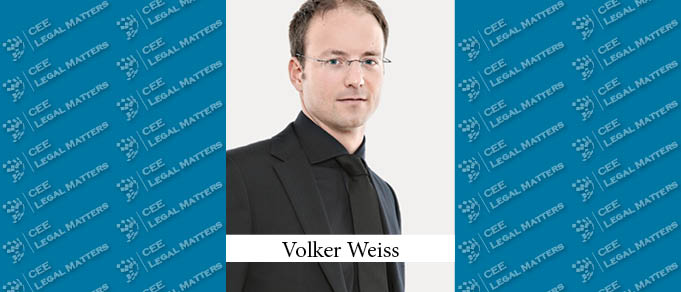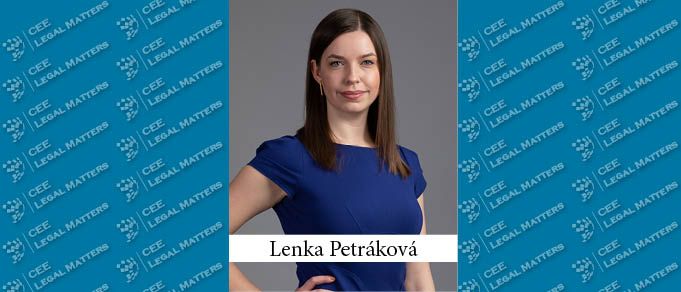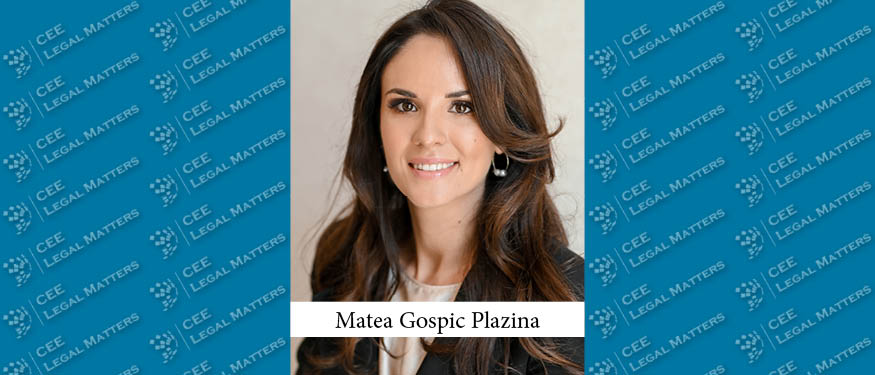In recent years, significant global events and unforeseen circumstances have had a profound impact on, among others, infrastructure projects. These events, whether global conflicts, health crises, or other significant occurrences, have triggered price changes in such projects. As a result, provisions of the Serbian Law on Obligations regarding claims for changes in price have gained prominence.
Trends on Serbian Banking and Finance Market – What to Expect?
Despite global financial downturns, Serbia’s banking and finance market has exhibited remarkable stability and consistent growth. It has experienced significant advancements driven by economic expansion, technological progress, and regulatory reforms aiming to enhance stability, transparency, consumer protection, and efficiency.
What Do the Changes to the Law on Planning and Construction Actually Bring?
The Government of the Republic of Serbia recently took a significant step in redefining the rules regulating construction activities in Serbia by proposing amendments to the Law on Planning and Construction. If adopted, this will introduce significant changes and breakthroughs for both individuals and the industry as a whole.
Rethinking the Role and Power of Class Actions in Serbia
In recent years, the rise of mass lawsuits has placed a significant strain on Serbian courts. The most notable mass lawsuits, which first emerged in the mid-2000s, encompass a wide range of issues, from shift and night work disputes to overcharged fees for children’s daycare and discrimination against war veterans. Recent prominent cases have involved the nullity of loan agreement provisions on application-processing costs and auxiliary school staff’s entitlement to compensation for warm meals and holiday allowances. The rise of mass lawsuits carries profound legal and economic implications, sparking renewed initiatives for class action in Serbia.
The Hague Judgments Convention Entered Into Force in September 2023 in Hungary
The Hague Convention on the Recognition and Enforcement of Foreign Judgments in Civil or Commercial Matters (“Convention”) entered into force on 1st September 2023 in all EU countries (except Denmark). What impact will the Convention have in relation to the enforcement of third country judgments in Hungary and the enforcement of Hungarian judgments in third countries?
Are Gift Cards Money in Poland?
Gift cards have become more and more popular. They are bought as presents and some shops have a return policy where items bought physically can be exchanged only for a gift card of the equivalent amount. Are gift cards therefore to be regarded as money in Poland? If so, are the issuers required to obtain authorisation as a payment or electronic money institution?
Law on Regulation of Digital Content and Digital Services Adopted
On 30 August 2023, the President of Ukraine signed Law of Ukraine “On Digital Content and Digital Services” No. 3321-IX (“Law”), designed to implement EU Directive 2019/770. The principal provisions of the Law enter into force on 2 March 2024.
The Barbenheimer Phenomenon
This year, the internet has been captivated by a sensation known as “Barbenheimer,” a phenomenon that emerged just before the blockbuster film releases of “Barbie” and “Oppenheimer.” Having previously explored the Barbie intellectual property (IP) landscape, it’s astonishing to find yet another connection between these two cinematic sensations that stand at opposite ends of the IP spectrum.
The FSR General Tool
On 12 July 2023 the general or ex officio tool of the FSR became applicable. The tool empowers the European Commission (EC) to investigate cases where foreign subsidies are suspected of having a distortive effect on the EU's internal market, even if they do not fall within the scope of the other two FSR tools (M&A tool and public procurement tool). This gives the EC a powerful instrument to tackle market distortions from subsidies granted by third countries.
Ukraine Recovery And Reconstruction Projects: Key Legal Tips for Foreign Construction Companies
Understanding procedures, stakeholders and milestones of Ukraine’s future recovery is essential for all parties planning to be involved in that process, including on the construction side. In this effort, the key messages currently available are as follows.
Stolen Time – He Who Gains Time, Gains Everything
The Government Decree on the winter administrative break is out. Here’s what to expect.
Law of Ukraine on Regulating Activities of Branch Offices of Foreign Companies in Ukraine Entered Into Force
On 3 September 2023, Law of Ukraine “On Amendments to Certain Legislative Acts of Ukraine on the Regulation of Activities of Separate Subdivisions of a Legal Entity Established in Accordance with the Laws of a Foreign State” No. 3257-IX, dated 14 July 2023 (“Law”), entered into force.
Amendments to the Law on Planning and Construction – Abolishment of Paid Conversion, Focus on Energy Efficiency and Green Construction
Amendments and supplements to the Law on Planning and Construction (“Law”) were published in the Official Gazette no. 62/2023 from 27 July 2023 and entered into force on 4 August 2023, whereas certain provisions of the Law will enter into force in 2024 and 2026, respectively.
Tax Incentives on Reimbursement of Engaged Individuals
The Republic of Serbia applies different taxes to reimbursement payable to engaged individuals depending on their engagement type. Those engaged via employment agreement, are subject to salary tax and those engaged via service agreement are subject to tax on other income. Those engaged via temporary and periodical employment agreements are subject to either salary tax or tax on other income while those engaged on the basis of supplementary work are only subject to tax on other income.
Czech Supreme Court Addresses the Issue of So-Called Wrongful Birth Claims for the First Time
"Wrongful birth" claims seek compensation from healthcare facilities for the harm caused to parents of a child by depriving them of the opportunity to make an informed decision about whether to continue the pregnancy despite the high likelihood that the child will be seriously ill (usually as a result of improperly performed screening tests). While this type of legal procedure is well-known in the USA and the United Kingdom, instances of similar case law can already be found in EU countries, including, for example, France, whose legal system is similar to Czechia's. However, the Supreme Court of the Czech Republic dealt with such a claim for the very first time in May 2023.
Amendments to the Law on Financial Support for Families with Children
On 26 July 2023, the Serbian National Assembly adopted amendments to the Law on financial support for families with children.
Transposition of EU Restructuring / Second Chance Directive in Bulgaria: Problems with New Ipso Facto Prohibitions Under Commercial and Financial Transactions
"Bulgaria transposed the Restructuring Directive's prohibition to terminate contracts via ipso facto clauses, but also (deviating from the Directive) prohibited contractual set-off in restructuring, thus rendering the preservation of many contracts performed via contractual set-off / netting of payment meaningless. So, in drafting ipso facto clauses the impossibility to perform contracts in restructuring, due to the contractual set-off prohibition, may be utilised as an additional trigger for termination, now".
Digital Services Act Takes Effect on Large Platforms
August 25, 2023, marks a monumental shift as the Digital Services Act (“DSA“) takes center stage, impacting industry giants like Amazon, Google, Apple, and TikTok. With 19 platforms and search engines, each having a minimum of 45 million users, the DSA takes action to uphold data privacy, combat disinformation, and eliminate online hate speech. This dynamic legislation aims to give users, including minors, enhanced rights and control over their online presence, fostering a high level of privacy and security.

































